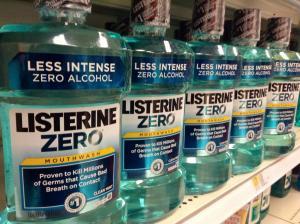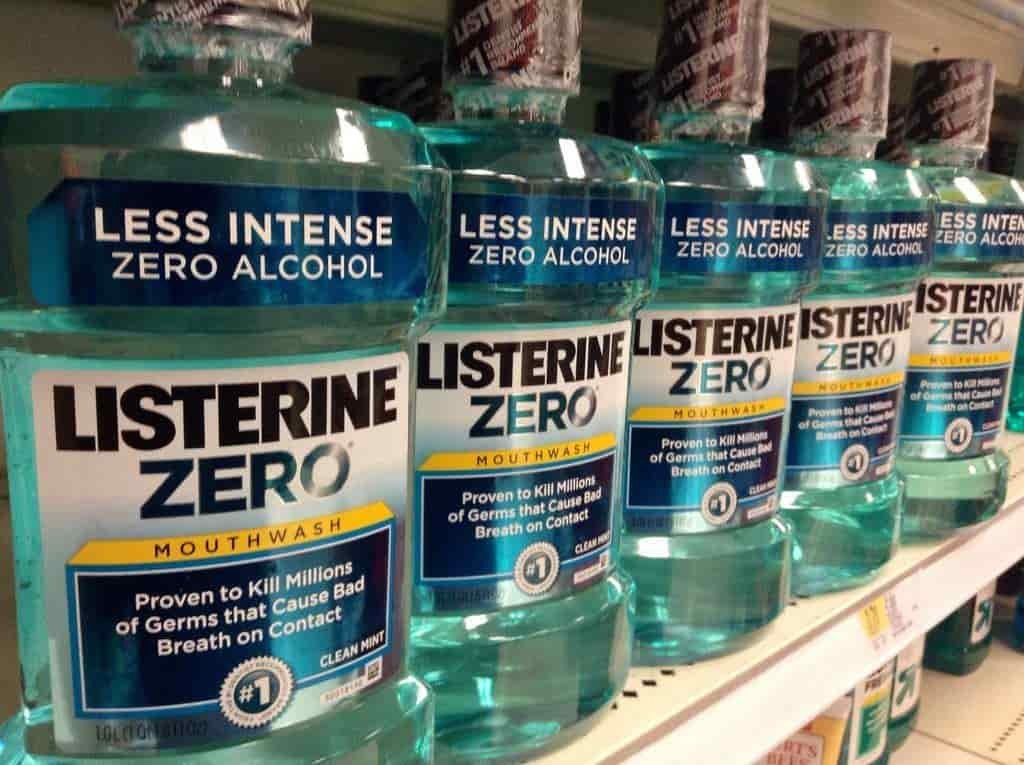Many Swedes use mouthwash daily as part of their daily routine. It is said that mouthwash is a good complement to tooth brushing which can reduce the risk of gingivitis and other dental problems. But how much do you really know about mouthwash? Here we list 6 myths about mouthwash that you should consider before cleaning your teeth.
1. All mouthwash products are equally good
There is a plethora of different mouthwashes on the market today and many people think that all products are more or less equally good. But don't be fooled by the advertising. Namely, mouthwash can be divided into two categories, cosmetic and therapeutic. Cosmetic mouthwashes help remove food residue from your teeth, reduce bacteria and temporarily remove bad breath, but more than that these products cannot promise.
A therapeutic mouthwash, on the other hand, contains active ingredients such as essential oils, chlorhexidine and fluoride, which have been proven to reduce plaque and reduce the risk of tooth decay. Therefore, always choose mouthwash with care and read the list of contents before shopping.
2. Tooth rinsing is gentle on your teeth
 Unfortunately, there are many mouthwashes on the market that contain high amounts of alcohol. Prolonged use of these products can cause dry mouth, which can lead to bad breath and irritate oral tissues. In addition, there are studies that show a connection between dental rinses with a high alcohol content and oral cancer. But these studies are limited, and many experts say there isn't enough evidence to draw this conclusion.
Unfortunately, there are many mouthwashes on the market that contain high amounts of alcohol. Prolonged use of these products can cause dry mouth, which can lead to bad breath and irritate oral tissues. In addition, there are studies that show a connection between dental rinses with a high alcohol content and oral cancer. But these studies are limited, and many experts say there isn't enough evidence to draw this conclusion.
If you're worried about side effects, you can buy alcohol-free fabric softeners in many stores. But keep in mind that there are other ingredients that can also cause damage to your teeth and gums. Chlorhexidine is often marketed as a gentle ingredient with positive properties, but in the long term it can destroy your taste buds.
3. Mouthwash removes bad breath
One of the most common reasons for using mouthwash is to get rid of bad breath. But bad breath from, for example, food comes from your lungs, and brushing your teeth can thus only temporarily remove bad breath. In addition, saliva can cause bad breath. When you use mouthwash, protein from saliva can mix into the mouthwash and reduce the effectiveness of the active ingredients.
4. A good mouthwash can replace regular tooth brushing
Studies show that brushing your teeth can improve your oral hygiene and reduce the risk of gingivitis. But be careful, a rinse can never replace regular tooth brushing. Brushing and flossing twice a day reduces more plaque and debris than using mouthwash alone. So remember to only use mouthwash as a supplement to brushing your teeth.
5. A quick rinse is enough
Brukar du spotta ut ditt munskölj redan efter ett par sekunder? I så fall är du inte ensam. Många tycker att sköljmedel är starkt och sticker till i tandköttet. Men för att få ut det mesta av ditt munvatten bör du skölj minst 30 sekunder innan du spottar ut. På så vis verkar de aktiva ingredienser och din mun blir renare.

